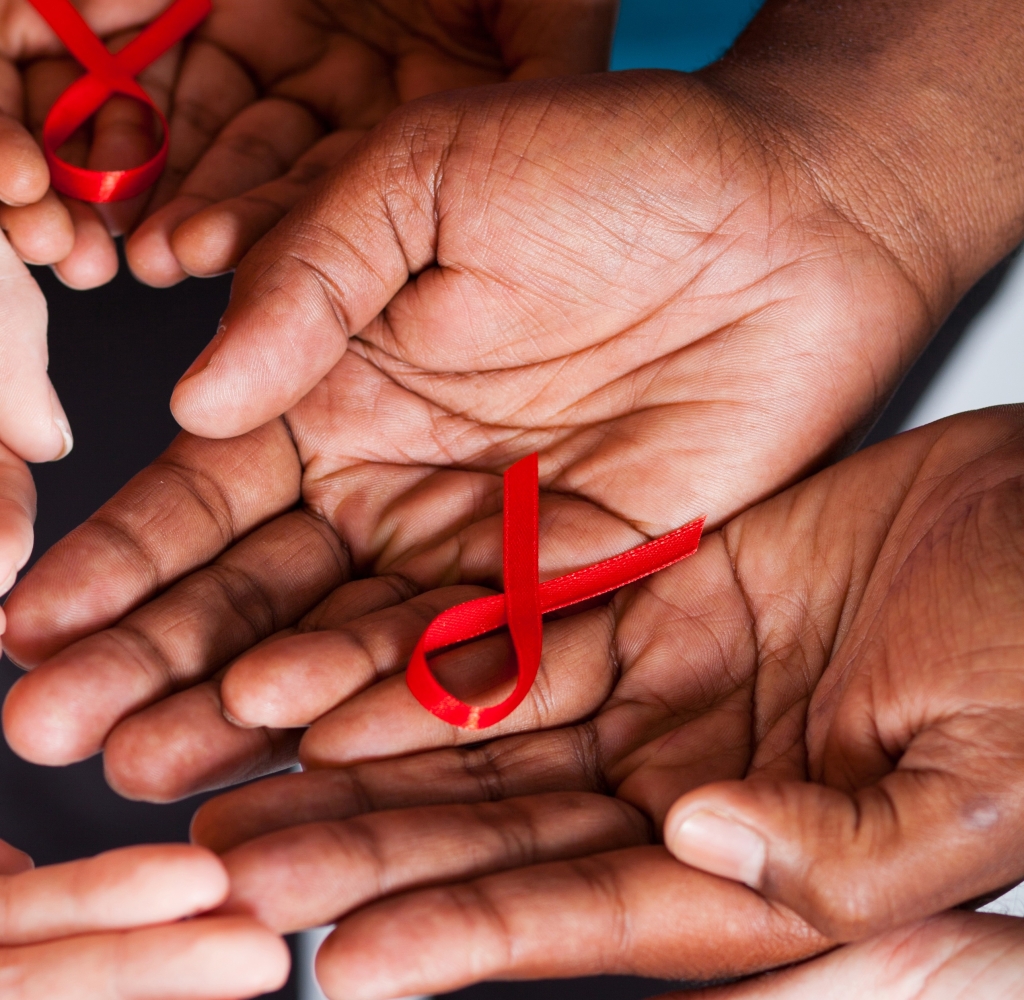
Abstract: People living with HIV/AIDS (PLHA) have a critical role to play in HIV prevention, not only in the context of Prevention for Positives and Treatment as Prevention, but as powerful change agents for HIV protective behaviors among others. Our research suggests that as PLHA receive HIV treatment and restore their health and functioning, many are motivated to protect their loved ones and engage in prevention advocacy (i.e., to encourage friends and family to seek HIV testing and treatment, and to reduce risk behavior); however, the quality of this advocacy is hampered by challenges related to message content, style and timing of delivery, and selection of advocacy recipients. With effective advocacy training, mobilizing PLHA to be change agents within their social networks has the potential to be a “game changer” for HIV prevention, particularly in high prevalence settings such as Uganda, where virtually every family is touched by someone living with HIV. Drawing upon theoretical frameworks for network-based interventions, such as theories of social diffusion, cognitive consistency, and social influence, the proposed study will develop and pilot test “Game Changers”– an intervention that aims to empower and mobilize PLHA to be agents for HIV prevention and behavioral change in their social networks. In Phase 1, we will conduct separate focus groups of PLHA and members of their social networks (family and friends) to explore barriers to and facilitators of mobilizing clients to advocate for HIV prevention, perceptions on how advocacy can be most effective in motivating behavior change, and how to best structure the intervention and its content. In Phase 2 we will use findings from Phase 1, and draw from network-based intervention models to develop the structure and content of an intervention designed to help clients cope with stigma, manage their disease, live positively, and develop motivation and skills for HIV disclosure and prevention advocacy. In Phase 3 we will pilot the group intervention in a controlled trial of 96 clients, with 48 randomly assigned to receive the intervention and 48 to the wait-list control. Assessments will be administered to all participants at baseline and months 4, 8 and 12, after which the control group will receive the intervention. Surveys and social network assessments will examine intervention effects on protective behaviors of the participant (condom use, HIV treatment adherence), and diffusion of prevention messages across the network, as assessed by the content and extent of communication with network members about protective behaviors (condom use, partner concurrency/number of partners, HIV testing, engagement in HIV care, circumcision), HIV disclosure, and HIV stigma. Game Changers is innovative as it encompasses aspects of all major HIV prevention paradigms, targets advocacy to all network members rather than within and by specific risk groups, and uses social network data not only to evaluate effects but also strategically target advocacy. Findings will inform a larger R01 trial.
Project Number: 5R36MH111460-02
